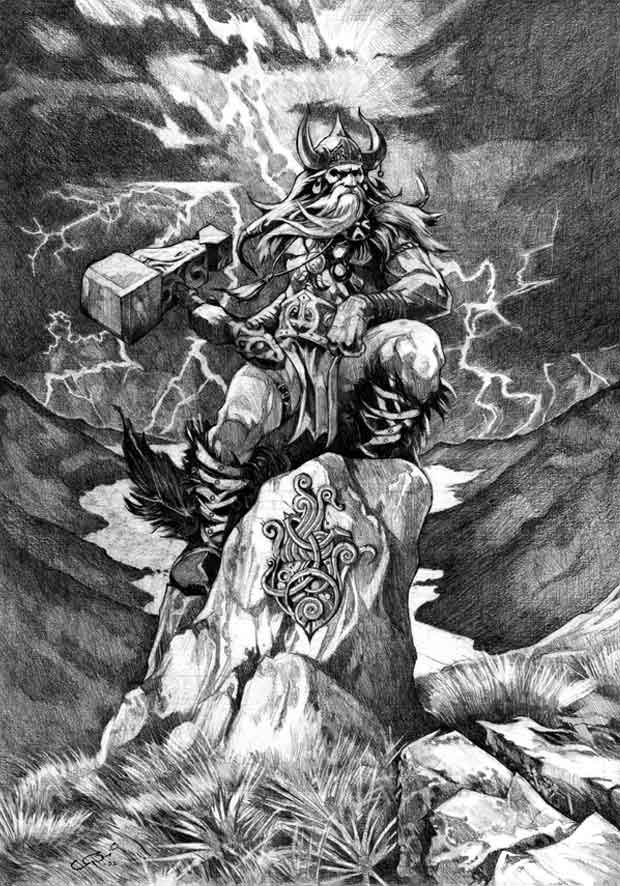Well, I don't have homework to keep me occupied at work, so subsequently, I'm bored and decided to post another silly question for entertainment purposes.
In the realms of fiction Magic is usually tailor made for the universe it inhabits. Some spell casters rely on their gods to provide them power, others treat magic as if it were an extention of chemistry or science.
What's your preferred type of magic?
For me, personally, it Magic as Science. Not to surprising seeing as I'm pretty much an egghead.
Also, feel free to suggest additional items.
In the realms of fiction Magic is usually tailor made for the universe it inhabits. Some spell casters rely on their gods to provide them power, others treat magic as if it were an extention of chemistry or science.
What's your preferred type of magic?
For me, personally, it Magic as Science. Not to surprising seeing as I'm pretty much an egghead.
Also, feel free to suggest additional items.


